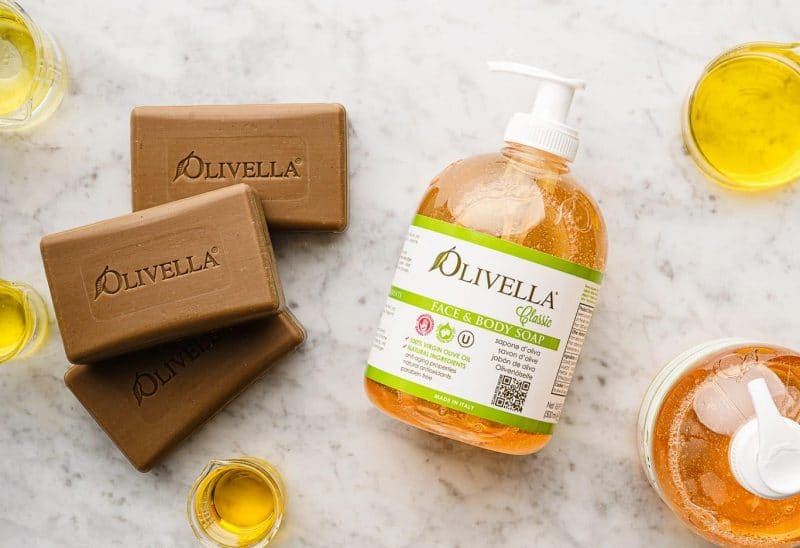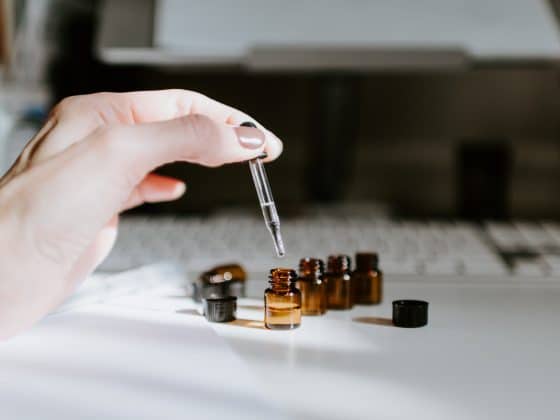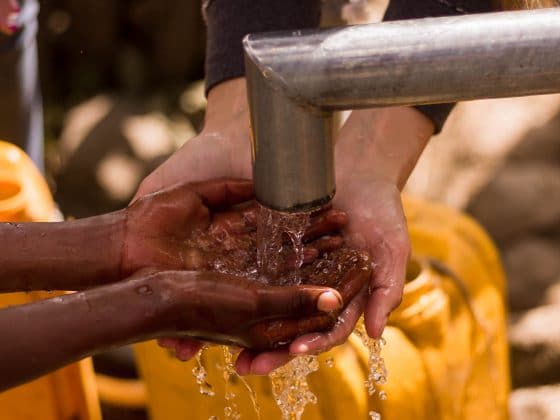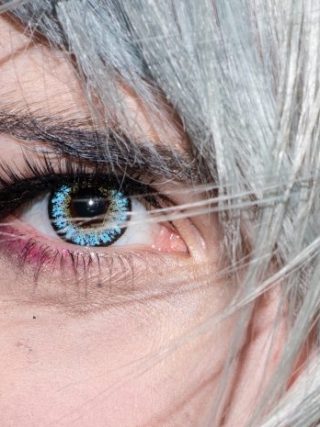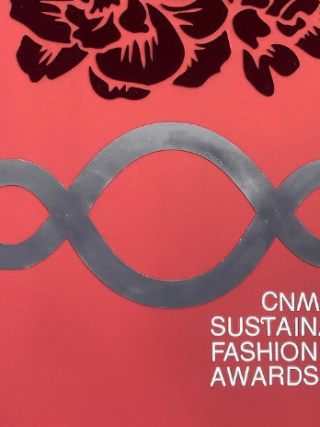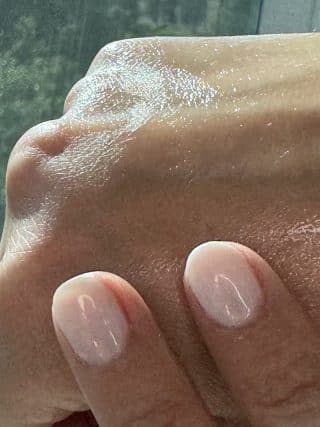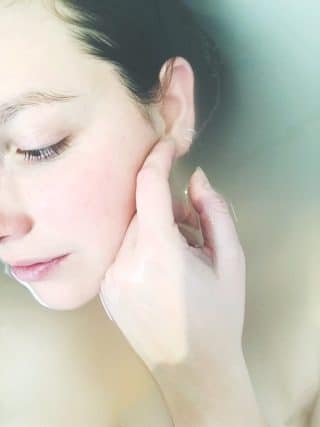Olivella has been producing soaps for over 15 years, and during this hard moment we think it is important to share our knowledge with as many people as possible. One question that we see around a lot during this COVID-19 Crisis is why soap works? Another common question our team saw a lot popping up online and offline is: Are all the soaps the same?
The answers to these questions are explained in this small article that we hope you will find interesting.
The ancient Babylonians are credited with being the first people to make soap. Their recipe for animal fats, wood ash and water has been found carved into clay containers dating back to 2800 B.C., according to soaphistory.net.
Time has passed but we are still using soap, and we make it more or less in the same way.
Well into the 19th century, soap was heavily taxed as a luxury item in
several countries. When the tax was removed, soap became available
to most people, and cleanliness standards across societies improved.
People typically think of soap as gentle and soothing, but from the perspective of microorganisms, it is often extremely destructive. A drop of ordinary soap diluted in water is sufficient to rupture and kill many types of bacteria and viruses, including the new coronavirus that is currently circling the globe.
The New York Times has recently published an article called “Why Soap Works” where it is explained extremely well the chemistry behind this powerful product. Soap is made of pin-shaped molecules, each of which has a hydrophilic head — it readily bonds with water — and a hydrophobic tail, which shuns water and prefers to link up with oils and fats. These molecules, when suspended in water, alternately float about as solitary units, interact with other molecules in the solution and assemble themselves into little bubbles called micelles, with heads pointing outward and tails tucked inside.
Some bacteria and viruses have lipid membranes that resemble double-layered micelles with two bands of hydrophobic tails sandwiched between two rings of hydrophilic heads. These membranes are studded with important proteins that allow viruses to infect cells and perform vital tasks that keep bacteria alive. Pathogens wrapped in lipid membranes include coronaviruses, H.I.V., the viruses that cause hepatitis B and C, herpes, Ebola, Zika, dengue, and numerous bacteria that attack the intestines and respiratory tract.
Are all the soaps the same? They do serve the same purpose. Which is to wash away the germs and bacteria that you have on your skin. However there are pretty substantial differences in the way soaps are developed and produced.
Over the years soaps have been produced in different ways and with different materials. The main “soap ingredients” you will find at your regular supermarket are:
– Palm Oil
– Animal Tallow
– Petroleum Byproducts.
Large quantities of synthetic fatty acids such as naphtenic acids made of crude petroleum are used in Russia for soap making. While is the US Palm oil and Animal Tallow are still the most used ingredients for soap making. The process of rendering animal fat consists of boiling animal carcasses in a pot to create fatty byproducts. The decaying animals used come from every source imaginable: lab animals, deadstock (animals that die before they reach the slaughterhouse), euthanized zoo and shelter animals, expired meat from grocery stores.
There are some Eco/Vegan alternatives like Olive Oil Soap or Coconut Oil Soap although still the majority of producers prefer to use the cheaper and less green ingredients we listed above.
In the context of COVID-19 prevention, you should make sure to wash your hands at the following times:
- After blowing your nose, coughing or sneezing
- After visiting a public space, including public transportation, markets and places of worship
- After touching surfaces outside of the home, including money
- Before, during and after caring for a sick person
- Before and after eating
In general, you should always wash your hands at the following times:
- After using the toilet
- Before and after eating
- After handling garbage
- After touching animals and pets
- After changing babies’ diapers or helping children use the toilet
- When your hands are visibly dirty
